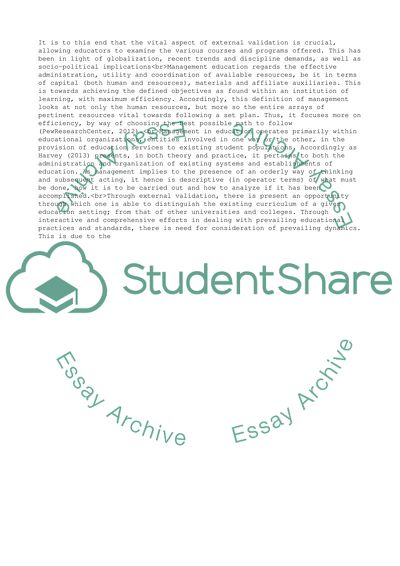Cite this document
(“Management Essay Example | Topics and Well Written Essays - 1250 words - 17”, n.d.)
Retrieved from https://studentshare.org/business/1675662-management
Retrieved from https://studentshare.org/business/1675662-management
(Management Essay Example | Topics and Well Written Essays - 1250 Words - 17)
https://studentshare.org/business/1675662-management.
https://studentshare.org/business/1675662-management.
“Management Essay Example | Topics and Well Written Essays - 1250 Words - 17”, n.d. https://studentshare.org/business/1675662-management.


